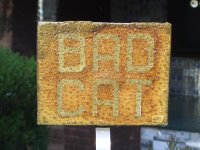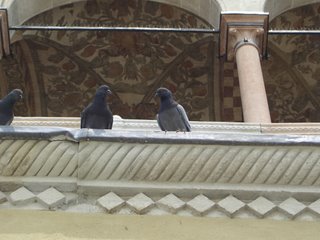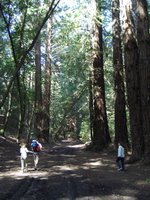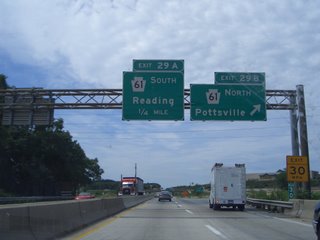Conference: Icons and Iconoclasts: The Long Seventeenth Century, 1603 to 1714

20 July - 22 July, 2006
Contact by email: 1603@abdn.ac.uk
King's College, University of Aberdeen
Plenary Lectures:
Professor Catherine Belsey (Cardiff): ‘Shakespeare as Icon’
Professor Peter Burke (Cambridge): 'Was the 17th Century an Age of Crisis?’
Professor Annabel Patterson (Yale) ‘Swansong: The Human Voice of History’
This international and interdisciplinary conference embraces the long Seventeenth Century in Britain, America, and Europe. We invite proposals for 20 minute papers on any aspect of literature, science, philosophy, culture, and history during the period up to 1714. They should be sent by email to the conference organizer, Professor Derek Hughes, by 28 February, 2006. Every effort will be made to accommodate early applicants who require a decision before that date.
The conference will be held in the King's College Centre, adjacent to the University’s beautiful early sixteenth-century chapel. King's College is one of the last Medieval universities; it amalgamated with Marischal College to form the University of Aberdeen. With its extensive collection of incunabula and manuscripts, it forms a perfect setting for a conference on the Early Modern period. There will be an optional excursion to Fyvie Castle on the afternoon of 21 July.
Aberdeen is situated on the North Sea coast, and a convenient point of departure for the Highlands and the Orkneys. The airport (with direct flights to London) is only five miles from the university, and there are direct trains to Edinburgh, Glasgow, and other Scottish cities.




































